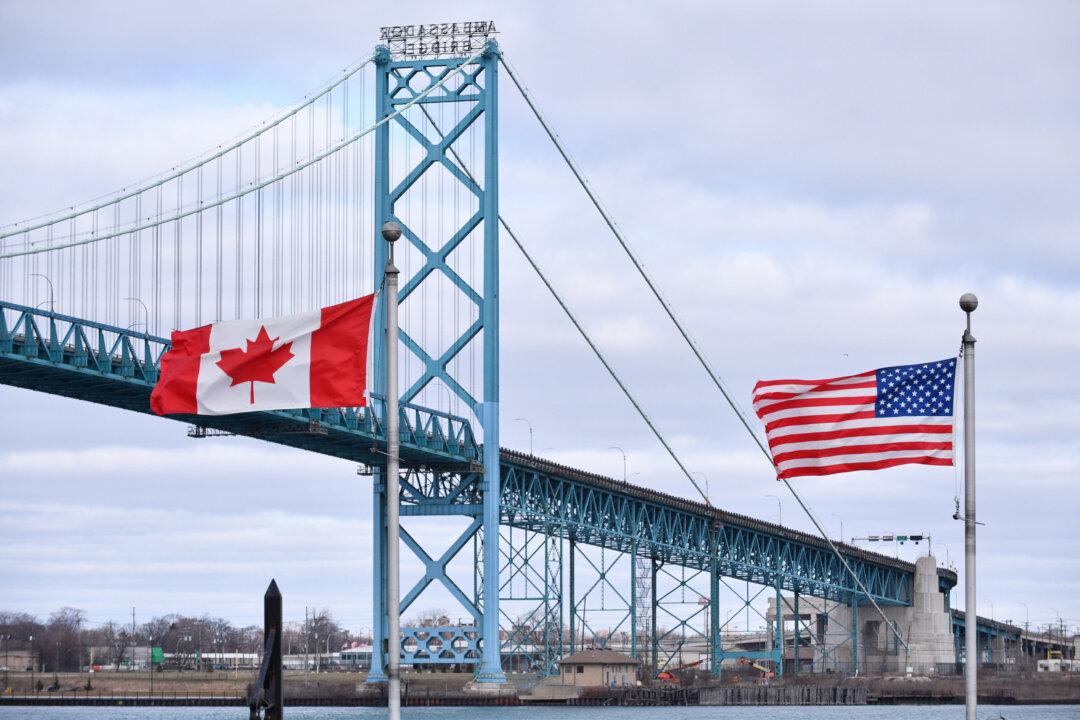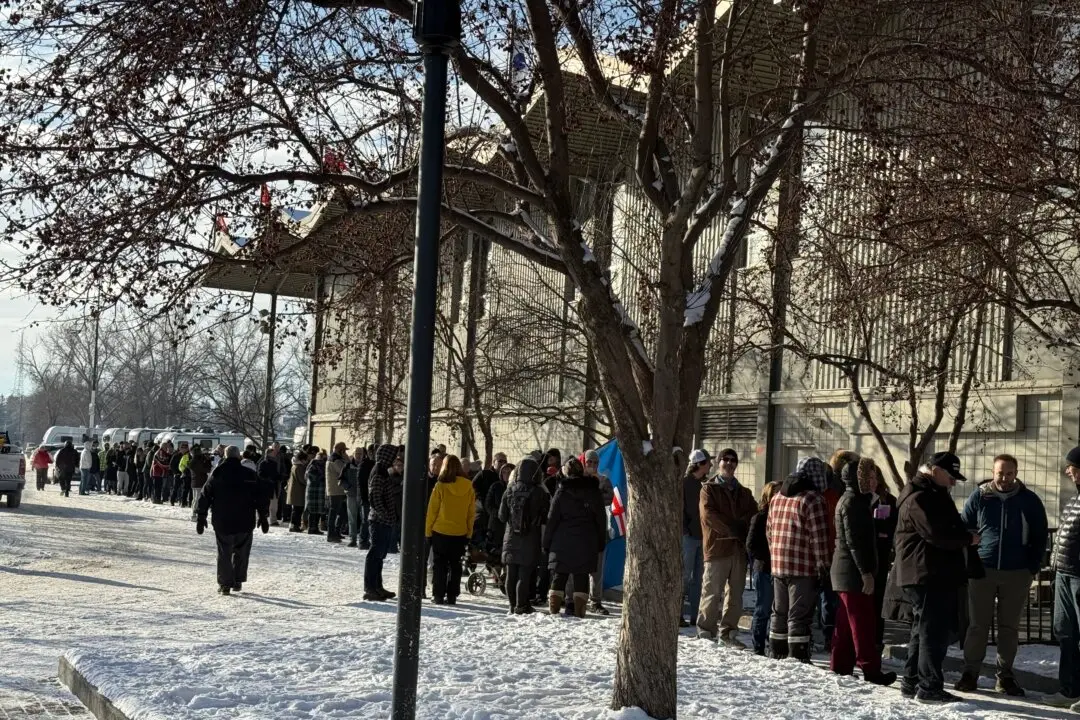Commentary
President-elect Donald Trump brought Canada’s porous border with the United States into focus when he threatened to impose 25 percent tariffs on Canadian goods if the border isn’t brought under control. While immigrants and drugs aren’t passing into the USA from Canada in volumes like those crossing at the Mexican border, the United States has valid concerns with its northern neighbour. Terror suspects are the most troublesome export crossing into the United States from Canada.





